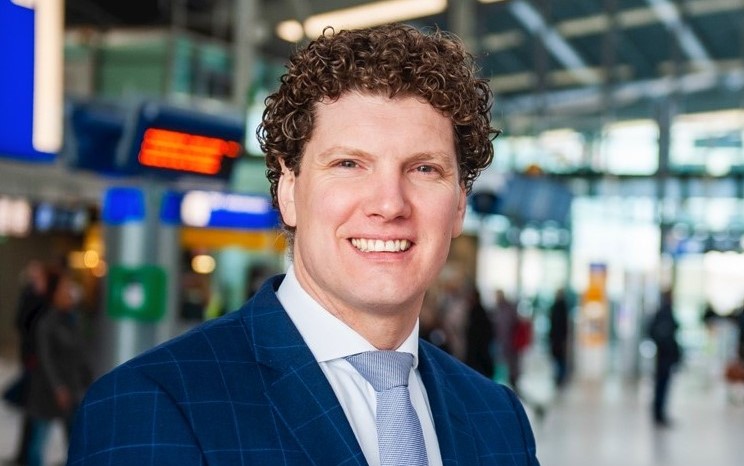
Corona Insights: Don't let combating a crisis come at the expense of basic systems
In many countries, corona comes on top of an already existing crisis, for example the locust plague or government instability. Emergency aid to these countries that are currently in dire straits is necessary, but this should not be financed from the regular budgets for development cooperation. Just as the investment in ICU capacity should not be at the expense of the hospitals' regular financing.
Partos, the partnership of development cooperation organizations, sees that local partners in developing countries are collapsing due to the crisis, while in other countries those in power are seizing the opportunity to implement certain changes and silence critics. Bart Romijn, director of Partos, is nevertheless optimistic. “It is positive that religious leaders are making a very strong plea to invest in developing countries especially now in times of crisis because you cannot solve this nationally but it requires a global solution.” He is also positive about other activities on a smaller scale that are now being undertaken: such as the increasing care for relatives, the attempts to bring orphans from Greek islands here or the new bicycle for the bicycle courier who delivers HIV medication. Bart: “There is fear and anger, but also a lot of hope. These developments are an important fuel to continue sailing in this crisis.”
Learning from Ebola
The countries in need must be helped. A distinction must be made between structural aid and emergency aid. “In the fight against Ebola, hundreds of millions were spent on acute problem solving. That was necessary, but the result was that the structural systems collapsed because they suddenly ran out of money. That has become an extremely expensive and difficult lesson.” It is therefore important that, in addition to the new flows of money to finance the acute problems, investments in the maintenance of basic systems and access are also maintained.
In order to achieve a balance between maintaining structural aid on the one hand and financing emergency aid on the other, it is necessary to make the rules for current development cooperation programs more flexible. Not all aid has to go through multilateral organizations. “That happens very slowly, while there are social organizations that are well embedded locally and can very quickly use different and additional channels to achieve direct impact.”
Forced migration
There is broad support in Dutch politics and government to maintain this structural aid, including from political parties that are not very keen on development cooperation. Emergency aid and development cooperation do not stop migration, but forced migration, when there is no longer a livable situation for people. Bart: “In a balanced development policy you must also ensure that you do not focus on a limited number of countries with a limited number of themes, but ensure that aid is deployed more broadly on problems that can be tackled globally.”
More about crisis communication.



